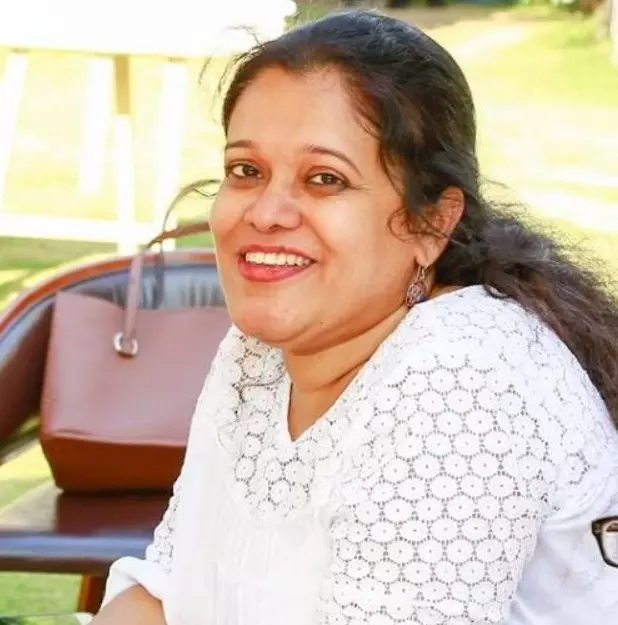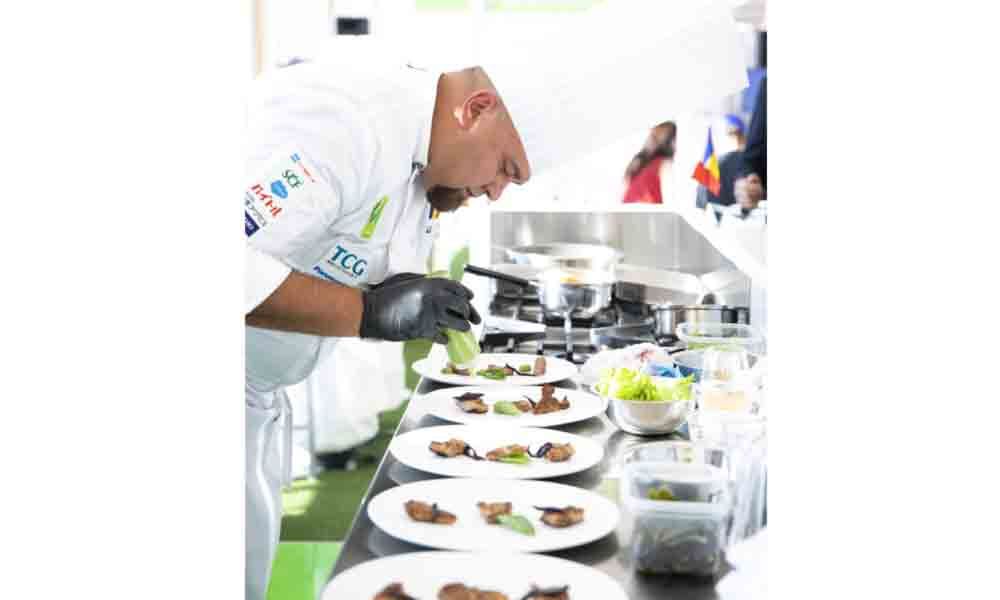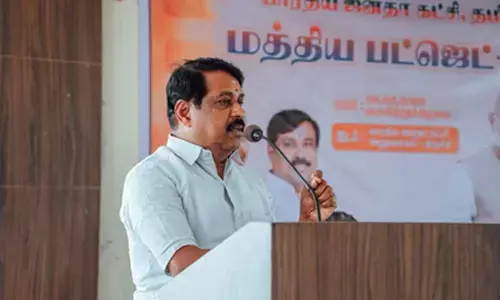Do we have enough food?
In India 195.9 million people go hungry every day; 14.9 per cent of the population is undernourished. 51.4 per cent of women in reproductive age – between 15 and 49 years – are anaemic (according to 'The State of Food Security and Nutrition in the World, 2018’ report).
In India 195.9 million people go hungry every day; 14.9 per cent of the population is undernourished. 51.4 per cent of women in reproductive age – between 15 and 49 years – are anaemic (according to 'The State of Food Security and Nutrition in the World, 2018' report). These dismal numbers are in contrast with the food grain production in the country. With a population of over 1.3 billion, India's GDP increased 4.5 times, per capita consumption has increased 3 times, and to meet the demand food production has increased almost 2 times. Yet, so many people go without proper food, and there is such under nourishment despite industrial and economic growth.
The reason is simple - India produces enough food to feed its population but is unable to provide access to a large portion of its population. Much of the food is wasted, and no attempt is made to distribute food equally, and hence thousands continue to be hungry. That said let's look at what is happening in the developed nations; US for example – a country with around 4.8 million people, despite being one of the richest in the world has 12.3% of its population that does not get enough food. Around 41.2 million American are insecure, food wise according to USAD Economic Research Service (2016). The problem in the US is food wastage. The average American household of four wastes more than two million calories of food with a value of nearly $1,500 each year, according to the USDA. In addition, 30 – 40 percent of the food gets wasted along the supply chain.
Each year, almost one third of the food produced worldwide is lost or wasted, including 222 million tons of food in industrialized countries, costing 680 billion US dollars. By 2050, the world will be facing severe food scarcity; add to that water shortage, pollution, climate change and soil degradation. We are on the brink of a future without enough food.
However, this is not the news. In fact, the last few years have seen increasingly strong voices holding a flag for food security. The UN in the year 2016 set forth SDGs – Sustainable Development Goals – a bunch of global goals (17) that aim at ending poverty, protecting the planet and ensuring people enjoy peace and prosperity. The UN development agency, UNDP was given the task of working with various governments, private sector, civil societies and citizens in implementing the SDGs by 2030.
Its four years since then. So, what has been the progress like? The 2018 report on SDGs by the UN has some good news. There is decreased maternal mortality in Sub Sharan region. In South Asia, the danger of a girl child married reduced by 40%, access to electricity doubled in least developed nations and so on. Climate change and conflict are named amongst the biggest challenges in achieving the goals, contributing majorly to inequality and hunger. The report said that hunger is on a rise – there are around 38 million more hungry people in the world, rising from 777 million in 2015 to 815 million in 2016. The report in 2019, shares similar observations. Global hunger has been on the rise after a prolonged decline, it says.
"It is abundantly clear that a much deeper, faster and more ambitious response is needed to unleash the social and economic transformation needed to achieve our 2030 goals." United Nations Secretary-General António Guterres observed.
In the face of acute food scarcity that is staring at us, becoming more and more ominous with each passing year, sustained focus and effort by the nations of the world is needed to address SDGs in order to impact Food Security positively. A definitive step towards the same was taken at an international forum held in Japan, as an initiative of the G20 Summit focused primarily on 'Sustainable Development Goals and Foods, The 'World Eatology Forum' in its third edition now. Eatology as a concept and the forum were founded Liu Guangwei, who is the dean of Beijing Easteat Research Institute, and a food expert, who was responsible for classification of Chinese food. Liu says that there are nine eating-related challenges that are blocking sustainable development. The forum aims to solve these problems by bringing together experts and scholars in the field of food, culinary leaders and government agencies to share ideas, and achieve a global consensus in finding healthy food and its best way of consumption.
A book on Eatology written by Liu Guagwei speaks at length about the nine problems that are broadly classified under Production, Utilisation and Eation Order as Food quantity, Food quality, Food sustainability, Dietary habit, Diet-related disease, Dieter life span, Food wastage, Growing population, and Right to Food. In order to address these issues, The Third World Eatology Forum was held on Awaji Island, Japan from June 24 to 26, 2019. There could not have been a better venue considering the island known as the Japanese royal family's farm, is agri-rich and a treasure trove of ingredients and is taking steps towards sustainable development. Here experts shared the best practices from their countries, the prime problems and ideas to solve them. The event that was supported by the 2019 G20 Osaka Summit, United Nations Food and Agriculture Organization and Japanese Ministry of Foreign Affairs.
The forum reached a resolution on the occasion - 'The Awaji Island' declaration that mentions the four development consensuses reached - Effective resolution of food problems are prerequisite of sustainable human development; Human Society is confronted with nine food-related problems; Eatology discipline system is a public product for solving human's food-related problems; Eating precedes medical attention and is the upstream of human health.
Coming back to the book, it explores food in all its aspects quite exhaustively, and scientifically. Liu introduced his book that extensively explores topics related to the goals of sustainable development proclaimed by the United Nations, saying: "Food security is an important issue for 7.6 billion people in the world, it should be viewed as a holistic approach, and shifting focus to eating will not only address food-related issues but will also address our health."











